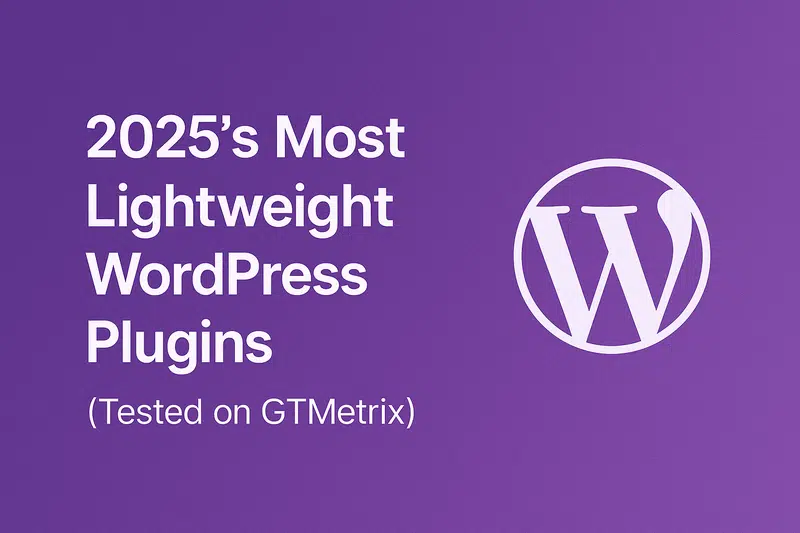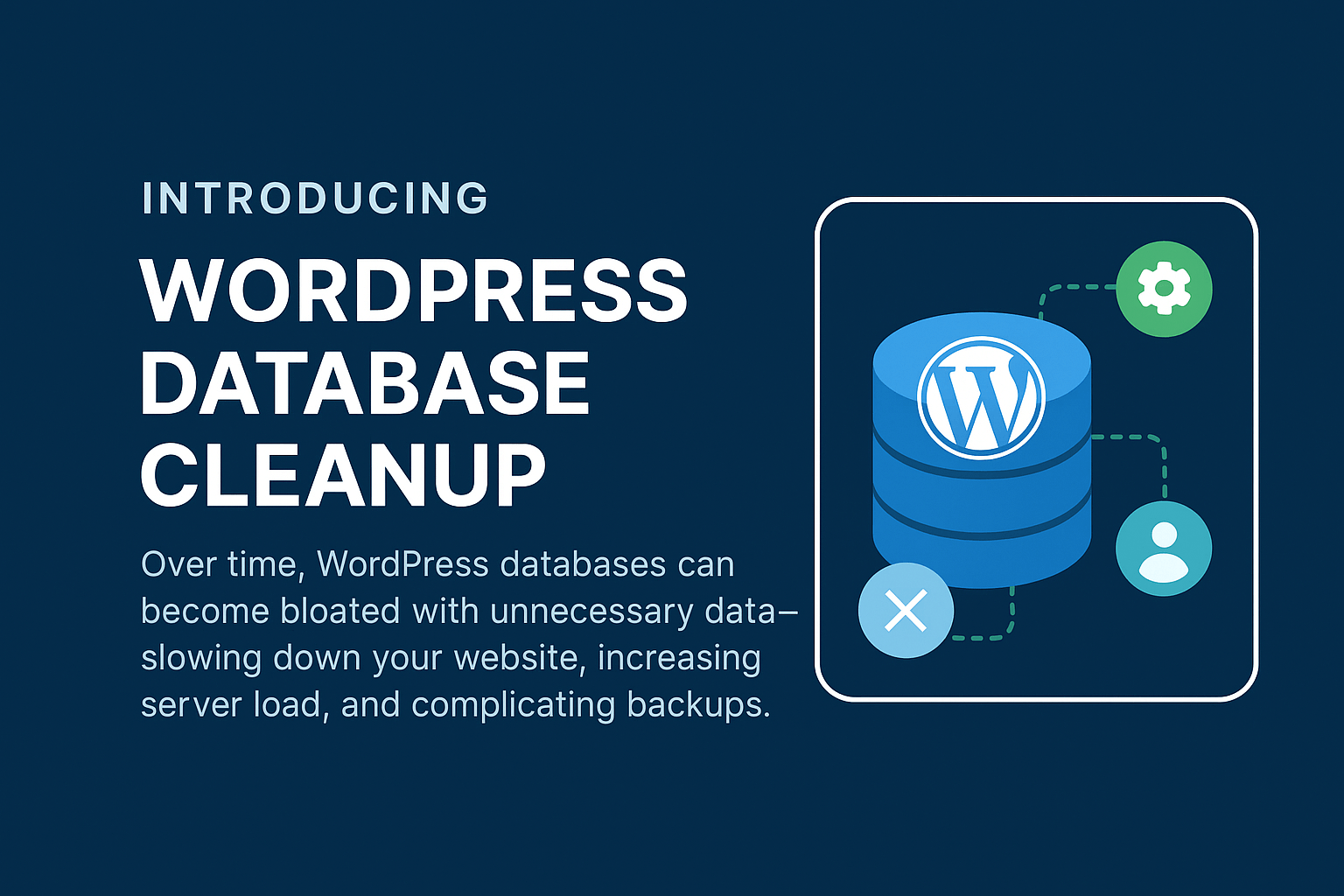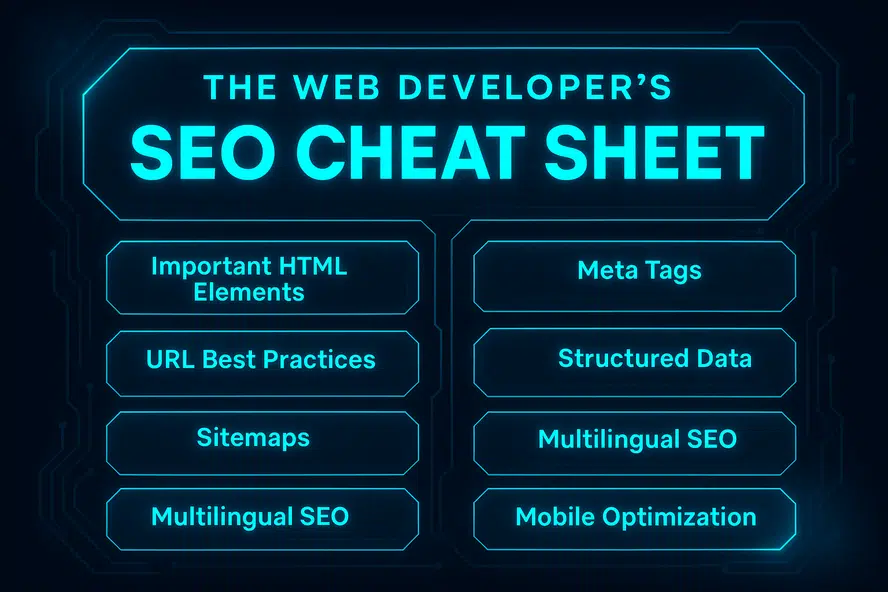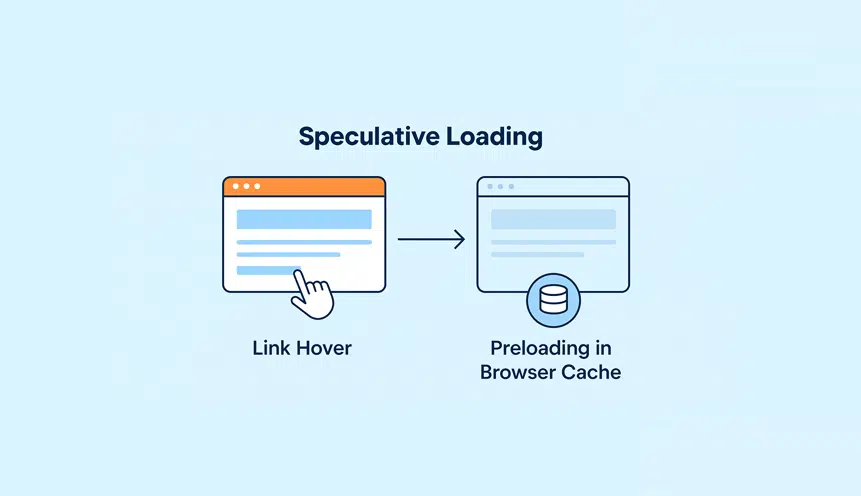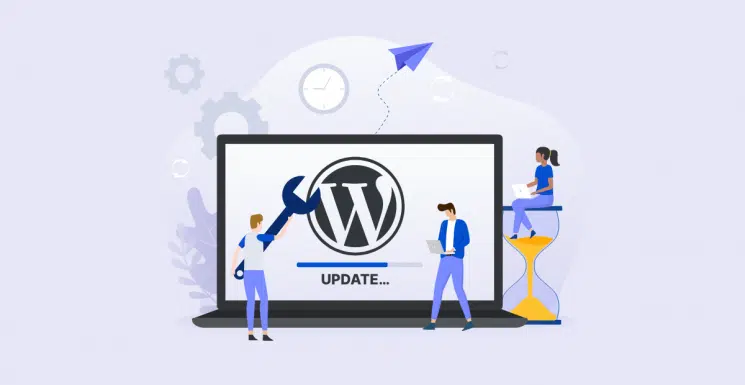Title: Stay Ahead of the WordPress Curve: Emerging Trends and Best Practices Introduction: In today’s fast-paced digital world, WordPress reigns as one of the most popular content management systems, powering over 40% of the internet. To stay relevant and competitive, it is crucial for website owners, developers, and users to stay ahead of the curve and embrace emerging trends and best practices in WordPress. This article aims to explore the latest trends in WordPress and provide comprehensive insights into the best practices that will help you optimize your website’s performance and user experience. I. Emerging Trends in WordPress: 1. Accelerated Mobile Pages (AMP): With the increasing usage of mobile devices, the need for fast-loading web pages has become crucial. AMP enables lightning-fast rendering of web pages by keeping them lightweight and improving overall mobile experience. Implementing AMP compatibility helps ensure your website stays fast, responsive, and user-friendly. 2. Voice Search Optimization: As voice search technology continues to evolve, optimizing your WordPress website for voice search is becoming increasingly important. Structured data and schema markup play a crucial role in improving your website’s visibility in voice search results. 3. Artificial Intelligence (AI): Integration of AI into WordPress has opened new avenues for website personalization, sentiment analysis, chatbots, and more. AI-powered plugins can enhance user experience by analyzing user behavior, predicting preferences, and delivering personalized content. 4. Progressive Web Apps (PWAs): PWAs combine the functionality of a responsive website and a mobile app, providing users with a seamless experience on any device. They offer enhanced offline capabilities, push notifications, and home screen installation. Integrating PWAs into your WordPress site can boost engagement and improve user retention. II. Best Practices for WordPress: 1. Regular Updates: Keeping your WordPress core, plugins, and themes up to date is essential for maintaining security, compatibility, and functionality. Regular updates ensure that your website remains protected against vulnerabilities and compatible with the latest technologies. 2. Security Measures: Implementing robust security measures is critical to safeguarding your WordPress site against potential threats. Utilize strong passwords, two-factor authentication, SSL certificates, and regular backups. Additionally, consider employing a security plugin to enhance protection. 3. Optimize Site Performance: A fast-loading website is crucial for retaining visitors and improving search engine rankings. Optimize your site’s performance by employing caching mechanisms, minimizing CSS and JavaScript files, optimizing images, and using a Content Delivery Network (CDN). 4. Responsive Design: With the rise in mobile device usage, responsive design is imperative. Ensure your website is fully responsive and adapts seamlessly to different screen sizes. Test your site across various devices and use tools like Google’s Mobile-Friendly Test to identify and resolve any issues. 5. Search Engine Optimization (SEO): Implement effective SEO strategies, such as optimizing meta tags, employing keyword-rich content, creating XML sitemaps, and enabling breadcrumbs navigation. Utilize SEO plugins like Yoast SEO to streamline your optimization efforts. III. FAQs: 1. How often should I update my WordPress website? It is recommended to update your WordPress core, plugins, and themes as soon as new updates are available. Regular updates help maintain security and compatibility with the latest technologies. 2. Are security plugins necessary for a WordPress site? While WordPress itself provides basic security features, using a security plugin adds an extra layer of protection against potential threats. Investing in a reputable security plugin is highly recommended. 3. How can I improve my website’s performance? To optimize your site’s performance, employ caching mechanisms, compress CSS and JavaScript files, optimize images, and utilize a CDN. Regularly monitor your website’s loading speed and make necessary optimizations as required. 4. Why is responsive design important for a WordPress website? Responsive design ensures your website looks and functions seamlessly across various devices. It improves the user experience, boosts engagement, and positively impacts your search engine rankings. 5. What are some essential SEO practices for WordPress? Optimizing meta tags, utilizing keyword-rich content, creating XML sitemaps, enabling breadcrumbs navigation, and using SEO plugins are some essential SEO practices for WordPress. Conclusion: To stay ahead of the WordPress curve, it is crucial to embrace emerging trends and implement best practices. By following the discussed trends like AMP, voice search optimization, AI integration, and PWAs, WordPress users can enhance their websites’ performance and user experience. Additionally, implementing best practices such as regular updates, security measures, performance optimization, responsive design, and effective SEO strategies will keep your WordPress site competitive, secure, and user-friendly. Stay proactive, continually educate yourself on emerging trends, and adapt accordingly to ensure your WordPress website thrives in the ever-evolving digital landscape.
FREE WooCommerce Speed Repair Plugin
Are you dealing with WooCommerce speed issues? WooCommerce is powerful but it loads dozens of scripts and styles even when…






